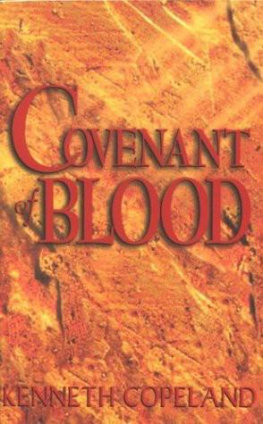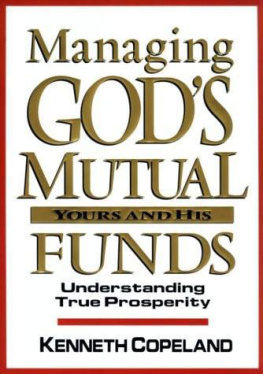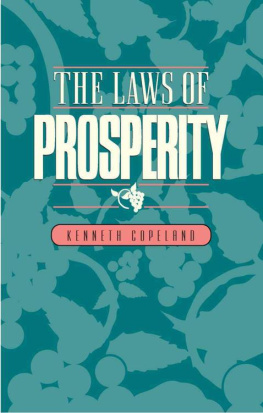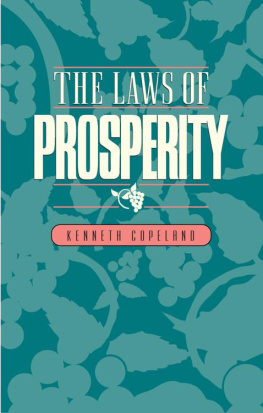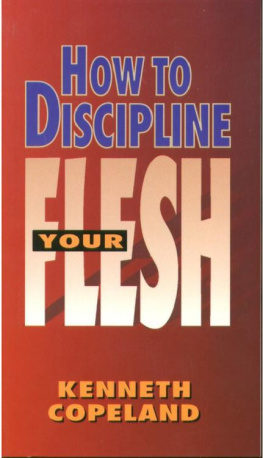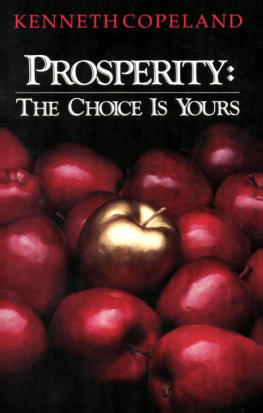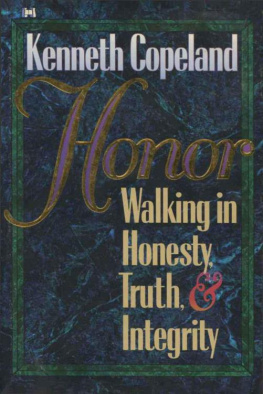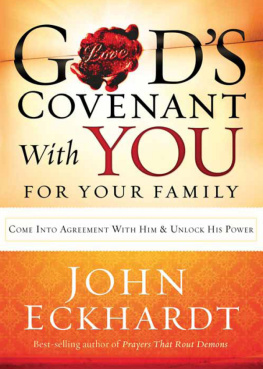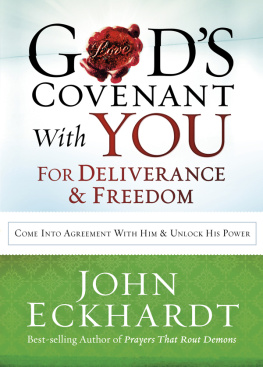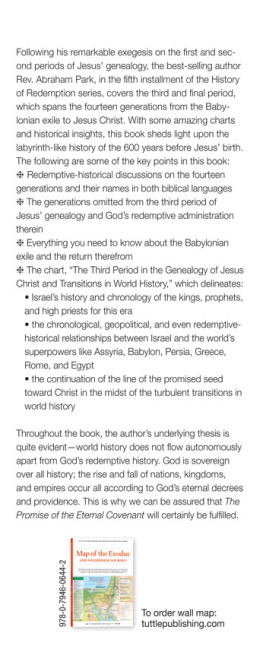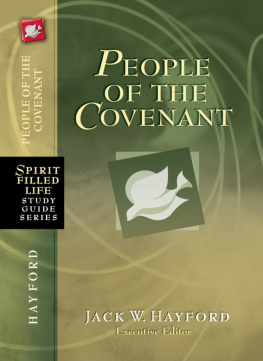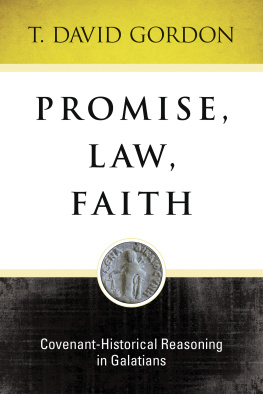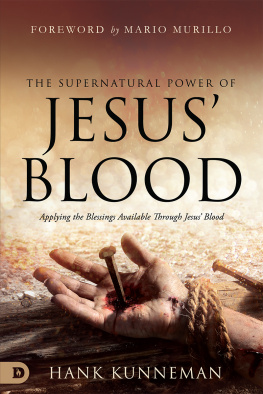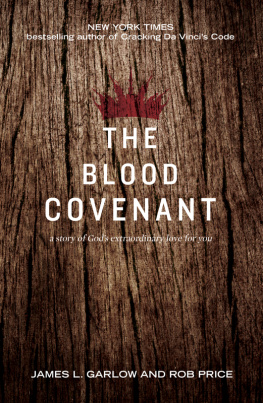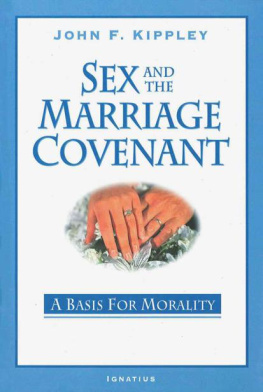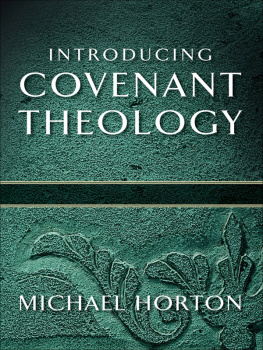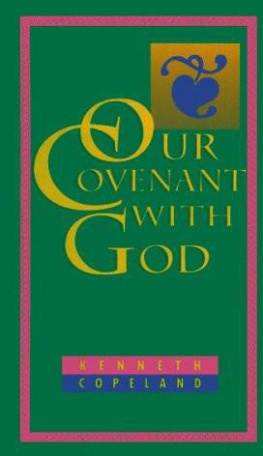KENNETH COPELAND
A Covenant of Blood
A Covenant of Blood
Israel was a nation that lived by and relied on their covenant with God. Those who knew their God and the integrity of their covenant with Him were mighty and did exploits in His name.
David was a prime example. He credited his covenant with God as the power behind his ability to slay the lion, the bear, and the giant. In 1 Samuel 17:34-37, we find David assuring King Saul that he was well able to slay Goliath. Who is this uncircumcised Philistine, that he should defy the armies of the living God? he said. The Lord that delivered me out of the paw of the lion, and out of the paw of the bear, he will deliver me out of the hand of this Philistine (vss. 26,37).
Circumcision was the sign of the covenant. By calling Goliath uncircumcised, David was making this very pointed statement: He may be a giant; he may be strong; but he has no covenant with God, and that's why I can kill him. Of course, you know the rest of the story. David bravely slew Goliath in the name of the Lordbecause of his covenant.
The Book of Hebrews promises that we have an even better covenant than David had.
Our covenant has better promises. But to know exactly how much better they are, we must understand what the promises of the Old Covenant were.
The covenant David stood on was made long before he ever faced the giant. God established it with a man called Abram. He promised to make Abram the father of many nations. He promised to give him a great deal of land as an inheritance so that his descendants could live peacefully on it. And in the twenty-eighth chapter of Deuteronomy, you will find more very specific promises that God made to Abram's descendantspromises of health, well-being, blessing, and victory.
These were very awesome promises. It was hard for Abram to believe that God actually wanted to do these things for him. In the fifteenth chapter of Genesis, we read how God made a blood agreement with Abram in order to convince Abram once and for all that He meant what He said. Abram asked, "How shall I know that I will inherit this land?" The Lord answered by telling him to prepare for a blood covenant. He said,
Take me an heifer of three years old, and a she goat of three years old, and a ram of three years old, and a turtledove, and a young pigeon. And he took unto him all these, and divided them in the midst, and laid each piece one against another: but the birds divided he not
(Gen. 15:9,10).
In Abram's day the blood covenant signified an absolute and unbreakable guarantee of a man's word. Nothing short of a blood agreement could have convinced Abram of God's desire to bless him. By cutting the covenant with him, Almighty God communicated His unfailing love and fidelity on a level Abram could understand. God was establishing a love relationship with him that could not be broken without the penalty of death.
In order to see just how that covenant compares to the one we have with the Father today, we need to see what the covenant God cut with Abraham involved. That way we can begin to see clearly why ours is even better.
In Abram's society, when two families made covenant together, they gave to one another everything they had and all they represented. They were no longer two, but one. Families bound themselves together in blood agreements in order to fill in the gaps created by each other's weaknesses and needs.
Where the first tribe was strong, the second was weak. Where the second tribe was weak, the first was strong. Together, they were both strong.
These two families drew up the terms of their agreement and discussed them until each article was fully and mutually agreeable.
Then they chose representatives and a place to cut the covenant.
As they prepared for the solemn ceremony, at least three large animals were sacrificed. Their carcasses were split down the spine, and the halves were placed on the ground opposite each other. The result was a trail of blood between the halves. This path was called "the way of blood."
When the covenant ceremony began, the two representatives exchanged their coats.
This signified the mutual exchange of authority. By this act the covenant representatives were saying, "All that I do, all that I have is now yours."
Next the covenant representatives exchanged their weapons. Through this they were saying, "My strength is now your strength. Your enemies are now my enemies."
After the coats and weapons were exchanged, then came the walk of blood.
Twice the representatives walked through
"the way of blood." Then they would stop in the center. There they pronounced their pledges of loyalty, making promises to each other that could never be broken. This pronouncement was called "the blessing of the covenant."
A curse was also pronounced. The curse was the penalty for breaking the terms of the agreement. They swore by their god, thereby making him third party to the covenant.
Next came the cut of the covenant. The representatives cut their hands and wrists and bound their wrists together so that their blood would intermingle.
After their loyalty was sworn to each other, the families joined their names together as a permanent sign that they had become one. Finally, they ate a covenant meal of bread and wine together. The bread signified their flesh, and the wine signified their blood. The covenant meal represented their willingness and commitment to lay down their lives for each other.
Such blood agreements were very serious and solemn in Abram's day. That is why God chose to make a covenant with him. He wanted to convince Abram that His promises were true. He wanted him to understand that the great El Shaddai desired an unbreakable relationship with him and with his children after him. God wanted Abram to know (without a doubt) that He loved him and that He would care for him, not because He had to, but because He wanted to. By making blood covenant with him, Almighty God proved that He wanted to exchange His strength, His weapons, and His authority with Abram. He proved that He wanted to bless man for a thousand generations.
Romans 4:21 tells us that Abram got the message. He became fully persuaded that God was able to perform that which He had promised, and his life was never the same again. Even his very name was changed to Abraham, meaning "father of many nations."
And eventually Isaac, the long awaited son of promise, was born to Abraham and his wife, Sarah.
Years after Isaac's birth, that covenant was still strong in Abram's mind. And nothingnot even a request from God Himselfcould shake his confidence. We see this in Genesis 12:22. There God asks Abraham to place his only son on the altar and sacrifice him. How could He do this after promising Abraham that he would become the father of many nations through this son?
We would expect Abraham to be distraught over such a request. We would expect him to wring his hands and pace the floor all night in grief and anguish. But we're not as covenant-minded as Abraham was.
Abraham was confident in his covenant.
He went to sleep that night and rose up early the next morning ready to go. And when he took Isaac up on the mountain of sacrifice, he turned to his servant and said, "Wait here
the boy and I will be back." He had a covenant!
Hebrews 11:17-19 says that Abraham, by faith, had already received Isaac raised from the dead. God had promised him Isaac would make him the father of many nations, and he knew God could not possibly break that promise. Even though he'd never seen or heard of such a thing, Abraham reasoned that God would just raise Isaac back up from the dead if he had to. He knew that God would do whatever it took to keep their covenant.
And when Abraham laid his son down on the altar of sacrifice, he opened the way for Godhis covenant partnerto do the same thing with His only Son, Jesus, on the cross years later. But here's an important point for you to realize. Jesus didn't just appear on the scene at that time. He'd been involved in that covenant from the beginning. According to Galatians 3:16, while God was binding Himself in covenant to Abraham on earth, He was also making covenant with Jesus in heaven. Now to Abraham and his seed were the promises made. He saith not, And to seeds, as of many; but as of one, And to thy seed, which is Christ.
Next page
